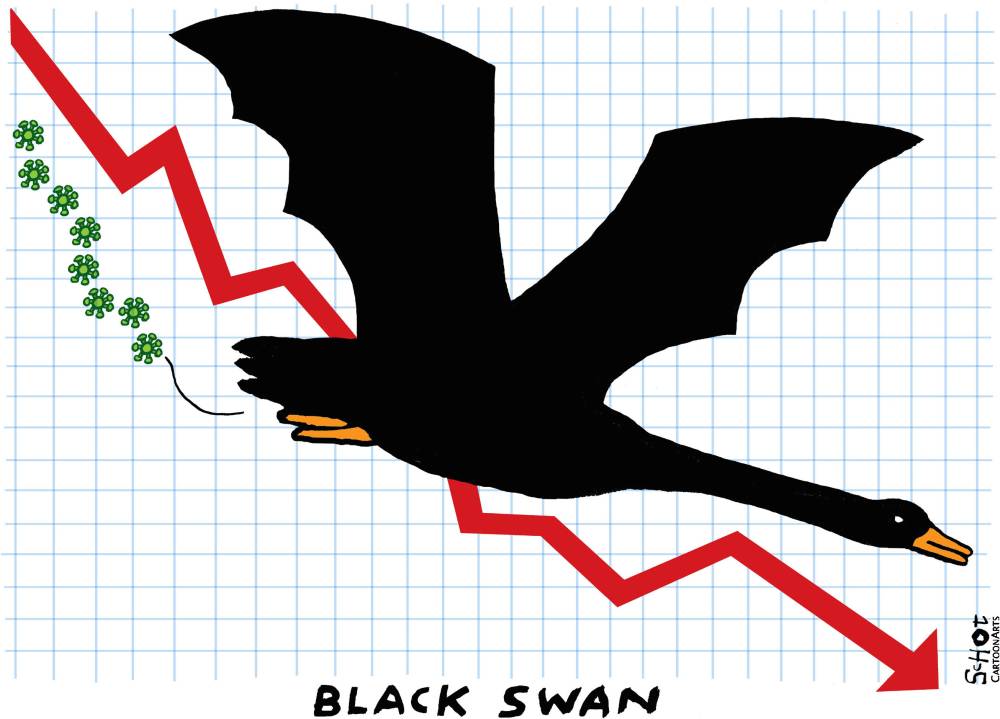Last year, in an acknowledgment of the growing importance of economic issues in national security thinking, the Japanese government added an economic division to the National Security Secretariat (NSS). On Wednesday, Japan’s newly reorganized National Security Council (NSC) got down to business. It is a smart move, given the new realities of foreign relations and global competition, but it will be a tough job.
The range of concerns is wide and growing, and readying the country for these challenges will require imagination, foresight and mastery of the bureaucracy — skills that are hard to cultivate, especially given the day-to-day demands of the NSC.
Established in 2013, the NSC has been dominated by traditional security concerns. Its four principle members are the prime minister, the chief Cabinet secretary and the foreign and defense ministers. They are supported by the NSS (which has been staffed primarily, but not exclusively, by officials from the foreign and defense ministries).



















With your current subscription plan you can comment on stories. However, before writing your first comment, please create a display name in the Profile section of your subscriber account page.